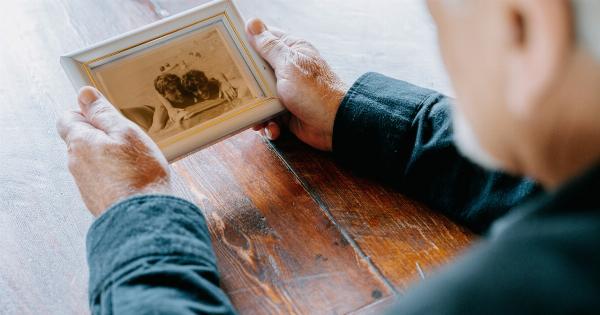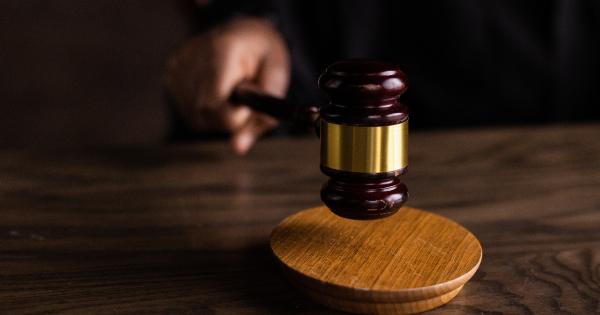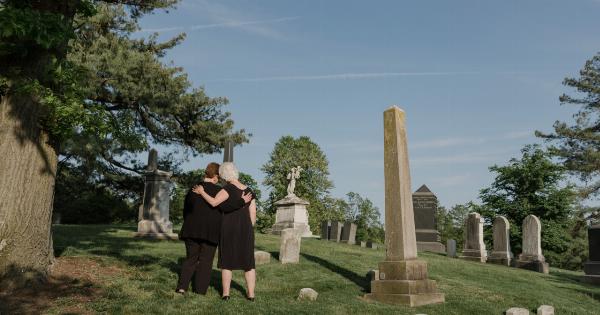Dealing with death is never easy, and it becomes even more challenging when it involves a loved one.
After the passing of a family member or friend, there are numerous matters that need attention, and one crucial aspect is communicating with the coroner. The coroner, also known as a medical examiner or forensic pathologist, plays a significant role in determining the cause of death and providing closure to grieving families.
In this article, we will delve deeper into the importance of speaking to the coroner, the process involved, and how it can help you in this difficult time.
1. Understanding the Role of the Coroner
The coroner is a government official responsible for investigating sudden, unexpected, or suspicious deaths.
Their primary role is to determine the cause and manner of death, especially in cases where it may be uncertain or require further investigation. They work closely with law enforcement agencies, doctors, and other professionals to gather evidence, perform autopsies, and provide expert opinions.
2. Initiating Contact with the Coroner’s Office
Once the death of your loved one occurs, it is essential to initiate contact with the coroner’s office as soon as possible.
In most cases, the coroner is alerted by the hospital, medical facility, or law enforcement agency immediately after a death. However, if the death occurs outside of these environments, it becomes your responsibility to contact the coroner directly. You can find the contact information online or through the local government offices.
3. Providing Necessary Information
When you reach out to the coroner’s office, they will require certain information to begin their investigation. You need to provide the full name, date of birth, and location of the deceased.
It is also crucial to mention any known medical conditions, recent illnesses, or medications they were taking. Additionally, inform the coroner’s office if the death is expected or unexpected, as this can help them determine the urgency and level of investigation required.
4. The Autopsy Process
One of the key responsibilities of the coroner is performing autopsies, which involves a detailed examination of the deceased’s body to identify the cause and manner of death.
Autopsies are vital in cases of unexpected deaths, homicides, accidents, or when the cause of death cannot be determined through external examination or medical history alone. The procedure is conducted with the utmost care and respect for the deceased, ensuring that their body is handled sensitively during the process.
5. Obtaining the Preliminary Report
After completing the investigation, the coroner prepares a preliminary report that provides initial insights into the cause of death. This report is shared with the immediate family, offering them some understanding during a challenging period.
It is important to note that the preliminary report is subject to change, as further tests, examinations, or investigations may be required to reach a final conclusion.
6. Seeking Answers and Closure
Communicating with the coroner allows you to seek answers and gain a better understanding of the circumstances surrounding your loved one’s death.
Losing someone can leave you with countless questions and may even give rise to concerns about hereditary conditions or potential legal matters. By speaking to the coroner, you can address these concerns and clarify any doubts you may have, providing a sense of closure and peace of mind.
7. Gaining Legal Support
In certain cases, the information provided by the coroner’s office may be crucial for legal purposes.
If you believe that someone else’s actions or negligence contributed to the death, having access to the coroner’s findings can be vital in pursuing legal action. By working closely with your attorney, you can utilize the information obtained from the coroner to seek justice for your loved one.
8. Understanding the Grieving Process
Grieving is a complicated and individualistic process that affects everyone differently. Speaking to the coroner and having access to their expertise can offer insight into the cause of death and help you navigate through your grief.
Understanding the medical explanations provided by the coroner can alleviate feelings of guilt, blame, or confusion that may arise during the grieving process.
9. Connecting with Support Groups
Dealing with the loss of a loved one often leads to a profound sense of isolation. However, many communities offer support groups for individuals who have experienced similar losses.
The coroner’s office can often provide you with information about these support groups, connecting you with people who have gone through similar experiences and can provide the emotional support you need.
10. Closure and Moving Forward
By speaking with the coroner and receiving the necessary information, you can find a sense of closure and begin the process of moving forward.
While the pain of losing a loved one never fully disappears, understanding the cause of death and having your questions answered can aid in the healing process. It allows you to focus on treasuring the memories you shared with your loved one and finding ways to honor their legacy.































